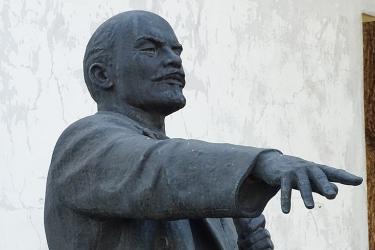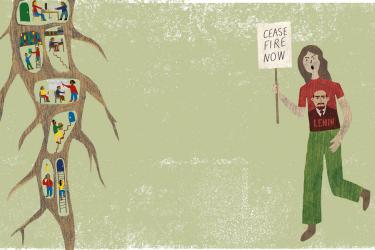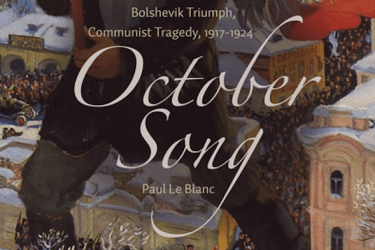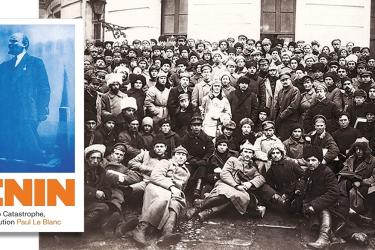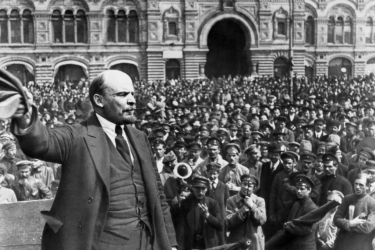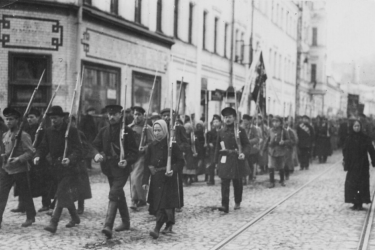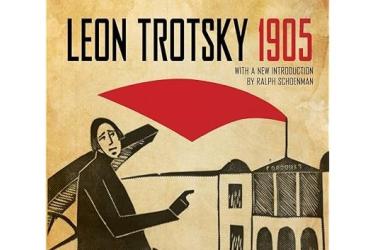Paul Le Blanc — Lenin's conception of socialism, which he shared with Marx and Engels, with Eugene V. Debs and Rosa Luxemburg, and with many others, remains a possible alternative to capitalism that is worth considering and fighting for.
Russian Revolution
The following presentation was given by Tamás Krausz on February 1 as part of a panel on “What was socialism for Lenin?” that was part of the ongoing “Leninist Days/Journadas Leninistas” series of lectures.
Paul Le Blanc — In the hundredth anniversary year of Lenin’s death, the importance of engaging with the ideas and work of this uncompromising revolutionary flows not only from our need to comprehend the past but also the present — and possibilities of the future.
Given the recent marking of the centenary of Lenin’s death, Lars T Lih looks at what his ‘intricate polemic’ in ‘What is to Be Done?’ might offer today’s left.
For those wanting to make use of Marxism to understand and change the world, among the most important classical thinkers are, surely, Rosa Luxemburg and Vladimir Ilyich Lenin.
Paul Le Blanc — The process of testing different perspectives and learning from actual struggles will be necessary on the way to creating a revolutionary party worthy of the name.
Read Part I “Coup or mass insurrection?” here.
"October is still ground zero for arguments about fundamental, radical social change.
Seiya Morita — The English translation of Leon Trotsky’s “1905” is brilliant as a whole, but it has a problem, in particular when it comes to the translation of his repeated used of the term “hegemony”.
Seiya Morita — Judy Cox's 'The Women's Revolution' deftly reveals how important a role women revolutionaries, women Bolsheviks and women workers played in the Russian Revolution, its preparatory process, and in the civil war that followed.
Paul Kellogg — To students of twentieth-century Russian history, the name Vladimir Il’ich Lenin is a constant, and inevitable, presence. But the name Iulii Osipovich Tsederbaum—better known through the pseudonym “Iulii Martov”—is either entirely absent from view or present only as a mysterious, and often unsavoury, figure.

